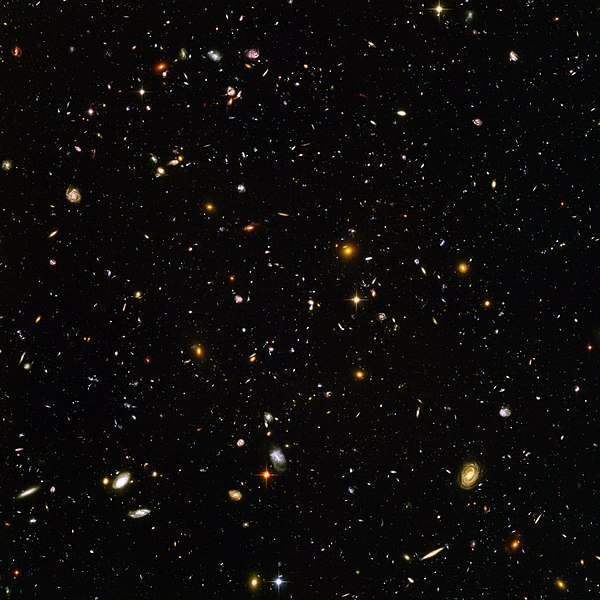“The universe is too big, too old and too cruel”: three silly objections to cosmological fine-tuning (Part One)

In previous articles, I have argued that even if our universe is part of some larger multiverse, we still have excellent scientific grounds for believing that our universe – and also the multiverse in which it is embedded – is fine-tuned to permit the possibility of life. Moreover, the only adequate explanation for the extraordinary degree of fine-tuning we observe in the cosmos is that it is the product of an Intelligence. That is the cosmological fine-tuning argument, in a nutshell. My articles can be viewed here:
So you think the multiverse refutes cosmological fine-tuning? Consider Arthur Rubinstein
Beauty and the multiverse
Why a multiverse would still need to be fine-tuned, in order to make baby universes
Scientific challenges to the cosmological fine-tuning argument can be ably rebutted, as this article by Dr. Robin Collins shows. However, there are three objections to fine-tuning which I keep hearing from atheists over and over again. Here they are:
Read More ›